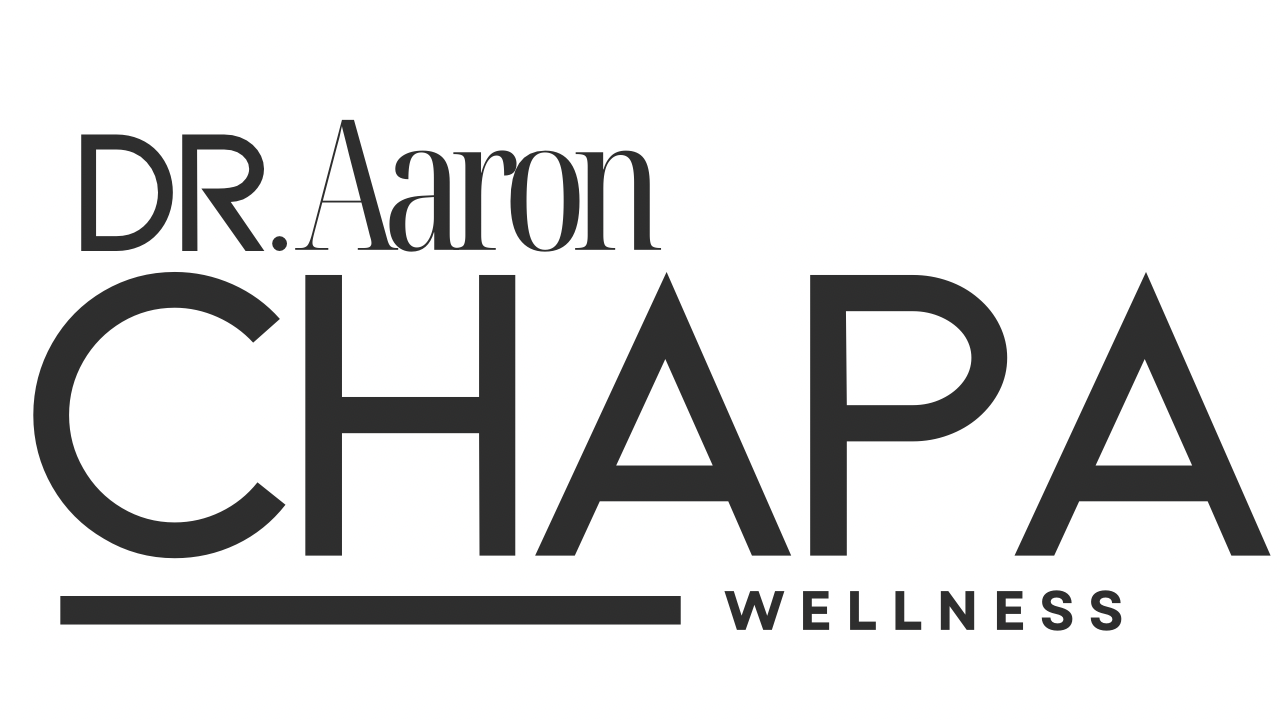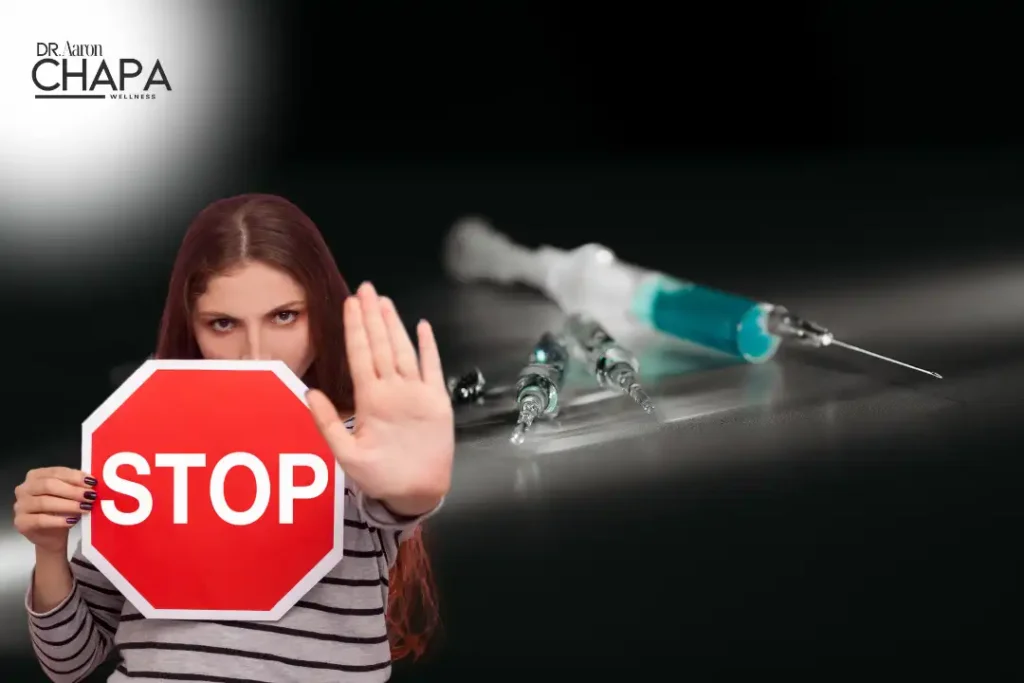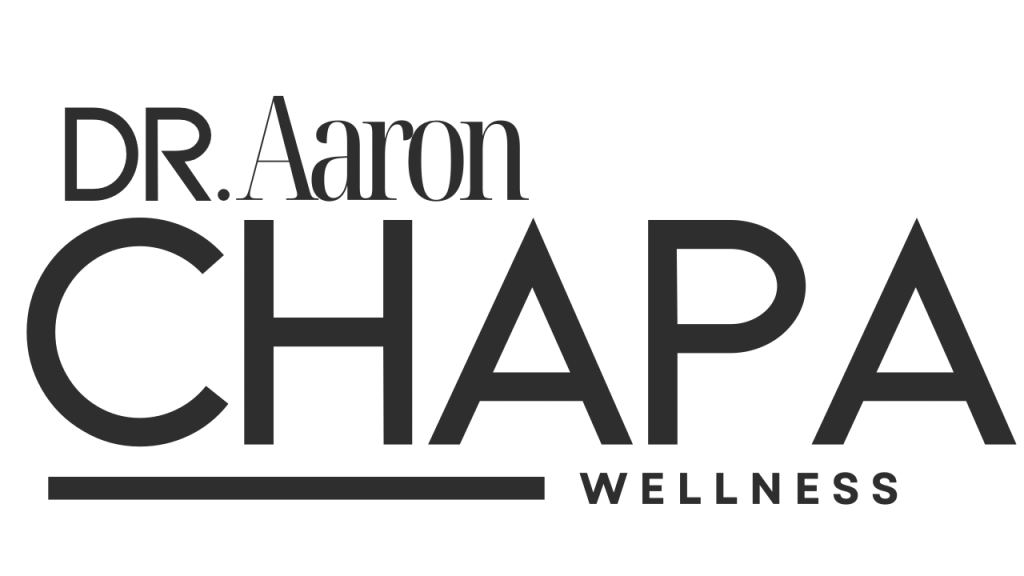Detoxification is a critical step in overcoming substance dependence, but it’s not without its challenges. One of the more alarming side effects some people experience during detox is hallucinations. If you or someone you know is going through detox and experiencing these symptoms, it’s natural to wonder: why do detox drugs make you hallucinate? Let’s explore the science behind this phenomenon, the substances most commonly associated with it, and how to manage these unsettling experiences.
Why Do Detox Drugs Make You Hallucinate?
Detox drugs can cause hallucinations because they affect the brain’s chemistry during the withdrawal process. When the body adjusts to the absence of a substance, the brain may become overstimulated, leading to sensory distortions like seeing or hearing things that aren’t there. In some cases, the detox medications themselves can also cause hallucinations as side effects.
Let’s dive into the details of how and why this happens, the substances involved, and how you can manage these unsettling experiences during detox.
The Science Behind Hallucinations During Detox
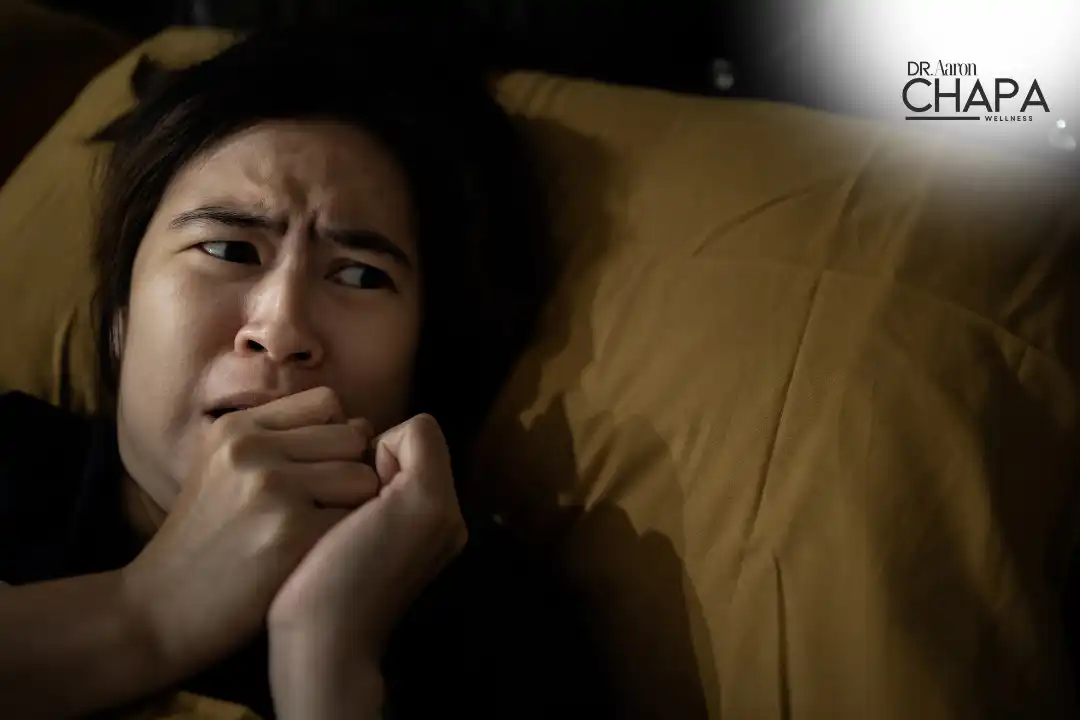
Hallucinations are sensory experiences that feel real but are created by the mind. They can involve seeing, hearing, feeling, or even smelling things that aren’t actually there. During detox, hallucinations are typically linked to the body’s reaction to the absence of a substance it has become dependent on rather than the detox drugs themselves. However, in some cases, the medications used during detox can also contribute to these experiences.
Substance Withdrawal and Brain Chemistry
When someone stops using a substance they’ve been dependent on, their brain undergoes significant changes. Substances like alcohol, benzodiazepines, and opioids alter the brain’s neurotransmitter systems, particularly those involving dopamine and gamma-aminobutyric acid (GABA). These chemicals regulate mood, perception, and sensory processing. When the substance is removed, the brain struggles to rebalance itself, which can lead to overstimulation of certain brain regions, resulting in hallucinations.
For example, alcohol withdrawal can cause a condition known as delirium tremens (DTs), which is characterized by severe confusion, agitation, and vivid hallucinations. According to the American Addiction Centers, “delirium tremens (DTs) are one of the most severe manifestations of alcohol withdrawal. It occurs after a period of heavy drinking, typically in those with a history of chronic alcohol use and those who have previously experienced severe alcohol withdrawal symptoms”.
Detox Medications and Their Role
In some cases, the medications used during detox can contribute to hallucinations. For instance, drugs like benzodiazepines, which are often prescribed to manage withdrawal symptoms, can cause paradoxical reactions in rare cases, leading to agitation or hallucinations. Similarly, medications like methadone or buprenorphine used in opioid
detox may cause vivid dreams or hallucinations as side effects, particularly if taken in high doses or if the individual has a sensitivity to the drug.
Sleep Deprivation and Stress
Detox is a physically and emotionally taxing process. Many people experience insomnia or disrupted sleep during withdrawal, which can exacerbate hallucinations. Sleep deprivation alone is known to cause perceptual distortions and hallucinations, as the brain struggles to process sensory information accurately. Combined with the stress of detox, this can create a perfect storm for hallucinations to occur.
Substances Most Commonly Associated with Hallucinations During Detox
Not all substances cause hallucinations during detox, but some are more likely to lead to this side effect due to their impact on the brain. Here are the most common culprits:
- Alcohol: As mentioned earlier, alcohol withdrawal can lead to delirium tremens, which often includes visual and auditory hallucinations.
- Benzodiazepines: Withdrawal from these sedatives can cause severe anxiety, seizures, and hallucinations.
- Opioids: While less common, opioid withdrawal can sometimes lead to hallucinations, particularly if the individual is also experiencing severe anxiety or sleep deprivation.
- Stimulants (e.g., cocaine, methamphetamine): Detoxing from stimulants can cause psychosis-like symptoms, including paranoia and hallucinations, as the brain adjusts to the absence of the drug.
Managing Hallucinations During Detox
If hallucinations occur during detox, it’s essential to address them promptly to ensure the safety and well-being of the individual. Here are some strategies for managing this challenging symptom:
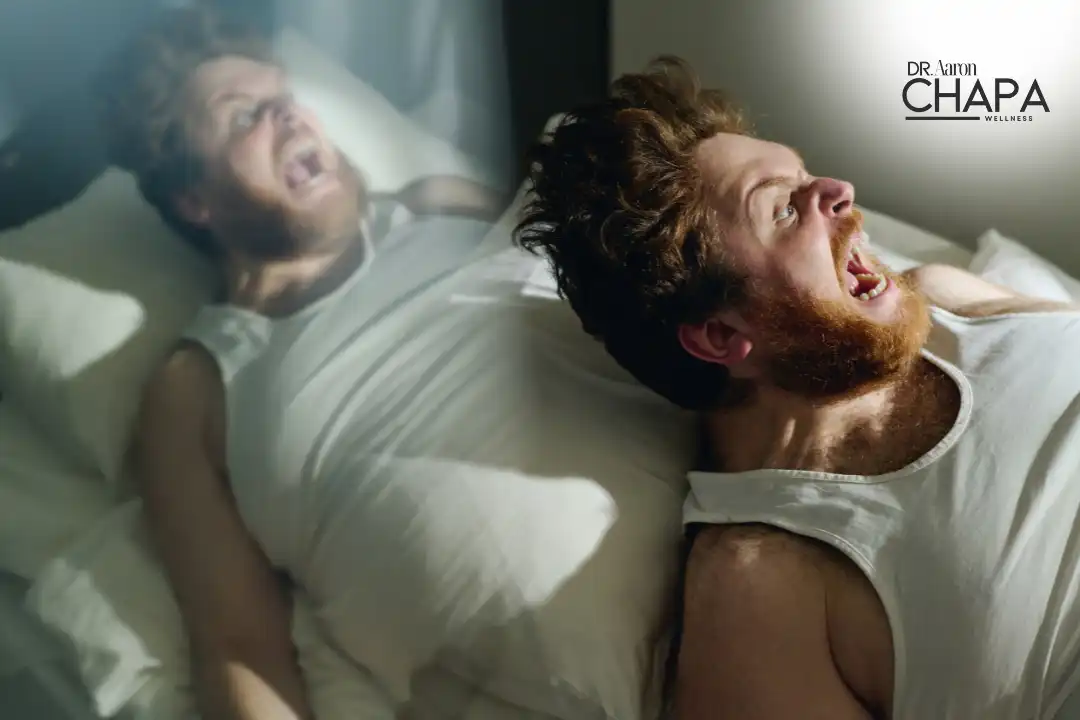
Medical Supervision
Detox should always be conducted under medical supervision, especially if the individual is at risk of severe withdrawal symptoms like hallucinations. Medical professionals can monitor the person’s condition and provide medications to manage symptoms and prevent complications.
Medications
In cases where hallucinations are severe, doctors may prescribe antipsychotic medications or adjust the dosage of detox drugs to alleviate symptoms. For example, benzodiazepines are often used to prevent or treat delirium tremens in alcohol withdrawal.
Creating a Calm Environment
A quiet, low-stimulation environment can help reduce the intensity of hallucinations. Bright lights, loud noises, and chaotic surroundings can exacerbate sensory distortions, so it’s important to create a soothing space for the individual.
Addressing Sleep Issues
Since sleep deprivation can worsen hallucinations, addressing insomnia or disrupted sleep is crucial. Doctors may prescribe sleep aids or recommend relaxation techniques to help the individual get the rest they need.
Psychological Support
Hallucinations can be frightening and disorienting, so providing emotional support is essential. Counseling or therapy can help the individual process their experiences and develop coping strategies for managing stress and anxiety during detox.
Tips to Keep Going When Detox Gets Tough
Detoxing is no easy feat, and there will be moments when you feel like giving up. But remember, the hardest battles often lead to the most rewarding victories. Here are some practical tips to help you stay on track and keep moving forward, even when the journey feels overwhelming.
- Set Small, Achievable Goals: Instead of focusing on the entire detox process, break it down into smaller, manageable steps. Celebrate each milestone, whether it’s making it through a day, a week, or even an hour. Progress is progress, no matter how small.
- Stay Connected to Your Support System: Lean on friends, family, or a support group. Talking to someone who understands what you’re going through can provide comfort and motivation. You don’t have to face this alone.
- Practice Self-Care: Take time to care for your body and mind. Even if it’s through meditation, journaling, or simply taking a walk, find activities that help you relax and recharge.
- Remind Yourself of Your “Why”: Write down your reasons for starting detoxing and keep them visible. Whether for your health, family, or future, staying connected to your purpose can keep you motivated.
- Be Kind to Yourself: Detox is a process, and setbacks are normal. Don’t beat yourself up if you stumble; just refocus and keep going. You’re stronger than you think, and every step forward is a step closer to a better you.
You’re Stronger Than You Think
Detoxing, whether from harmful substances or unhealthy habits, is one of the most challenging yet transformative journeys a person can undertake. It’s not just about cleansing your body. It’s about reclaiming your life, health, and sense of self. While the road may sometimes feel overwhelming, it’s important to remember that every step forward, no matter how small, is a victory worth celebrating.
The truth is, detoxing isn’t just a physical process; it’s a mental and emotional one, too. You’re not just breaking free from a substance or habit; you’re breaking free from the chains that have held you back. And that takes courage, strength, and a willingness to face discomfort head-on and say, “I deserve better.” And you do. You deserve a life that’s not dictated by dependency or fear but by freedom and possibility.
There will be moments when the process feels unbearable when the cravings or side effects make you question whether it’s worth it. In those moments, remind yourself why you started. Think about the people who love you, the dreams you’ve put on hold, and the future you’re working toward. You’re not just detoxing for today. You’re detoxing for the rest of your life.
Remember, you don’t have to do this alone. Lean on your support system, whether it’s friends, family, or professionals. Asking for help is not a sign of weakness; it’s a sign of strength. It shows that you’re committed to your recovery and willing to do whatever it takes to succeed.
At Dr. Chapa Wellness, we offer a variety of detox courses and resources to guide you through this transformative journey. Whether you’re looking for expert advice, detoxing techniques, or support from others who understand your journey, we’re here to help.
Every day you choose to keep going, you’re proving to yourself just how strong you are. You’re not defined by your past. You’re defined by the choices you make today. Keep moving forward. You’ve got this.
Final Thoughts
Hallucinations during detox can be a distressing experience, but understanding their causes and how to manage them can make the process less overwhelming. If they are a result of withdrawal, detox medications, or other factors, hallucinations are a sign that the brain is working hard to adjust to a substance-free state. With proper medical care, emotional support, and a safe environment, most people can navigate this challenging phase and move forward on their journey to recovery.
If you or a loved one is preparing for detox and concerned about potential side effects like hallucinations, don’t go through it alone. Visit Dr. Chapa Wellness for more resources and expert guidance, or contact us today to take the first step toward a healthier, substance-free life. We’re here to help you on your journey to recovery.
FAQs About Hallucinations During Detox
Are hallucinations during detox dangerous?
Hallucinations can be a sign of severe withdrawal and may indicate a medical emergency, especially if they are accompanied by other symptoms like seizures or confusion. It’s important to seek medical attention immediately.
Do detox drugs always cause hallucinations?
No, hallucinations are not a common side effect of most detox medications. They are more often a result of the withdrawal process itself or other factors like sleep deprivation.
How long do hallucinations last during detox?
The duration of hallucinations depends on the substance being detoxed from and the individual’s overall health. In most cases, hallucinations subside within a few days to a week as the brain begins to stabilize.
Can hallucinations be prevented during detox?
While it’s not always possible to prevent hallucinations, medical supervision, proper medication management, and addressing underlying health issues can significantly reduce the risk.
Should I detox at home if I’m worried about hallucinations?
Detoxing at home is not recommended, especially if you are at risk of severe withdrawal symptoms like hallucinations. Always seek professional medical support for a safe and effective detox process.
